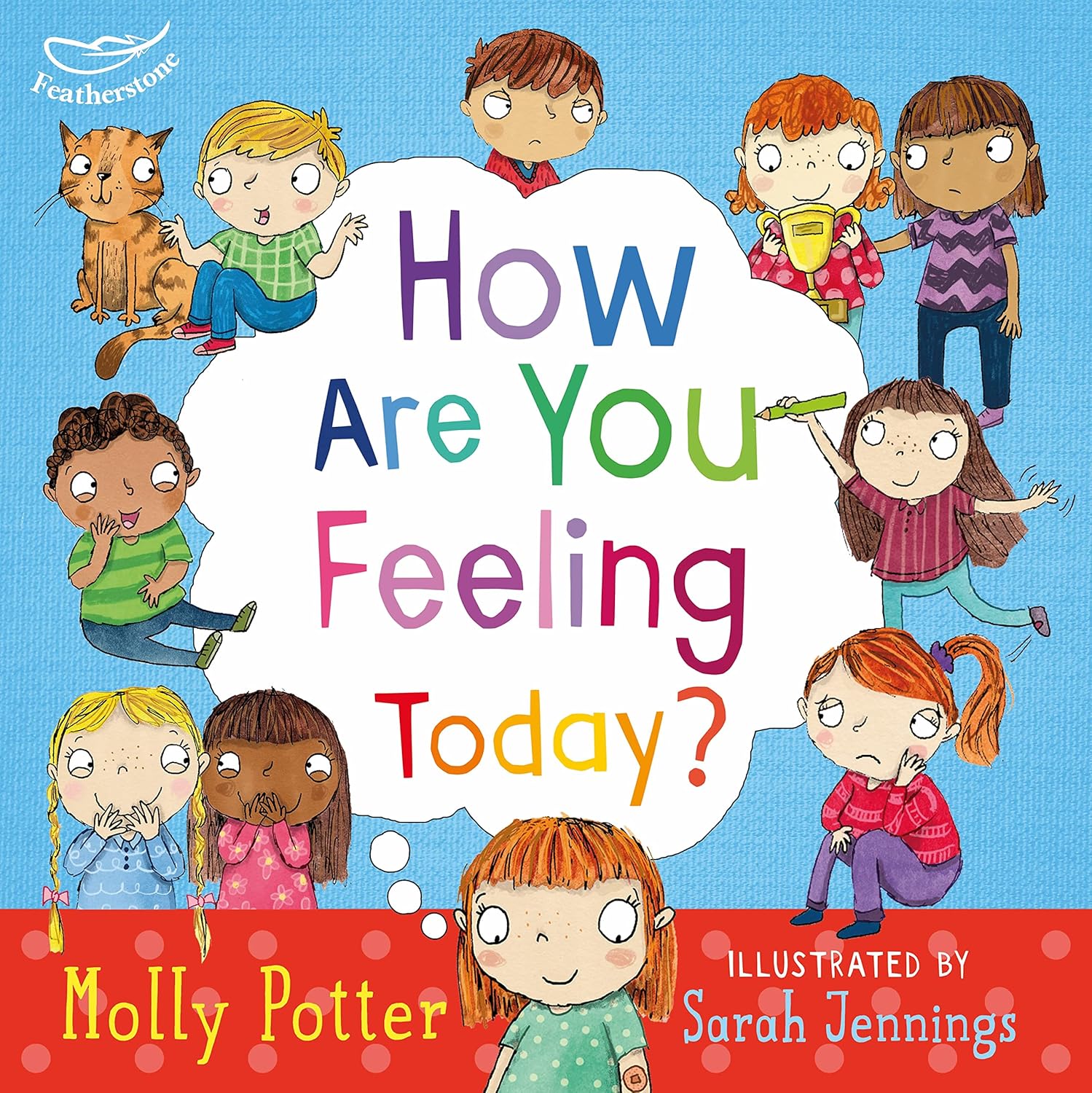About this deal
How are we today?” can be used as a greeting directed at a group but also at a single person. When “How are we today?” is directed at a single person it can come across as arrogant and condescending How are you today? interview reply How are you today?” might be more suitable if you saw the person yesterday or the previous night when you are asking for an update on a person’s health. The addition of “today” lets the person answering the question know that it is a good idea to compare how they were feeling yesterday with today. How are we today? Focus on finding a solution. Anger is often difficult to deal with because it makes you feel helpless. Working to solve the problem that’s causing your anger can help relieve this frustration. You may not be able to fix every situation that makes you angry, but you can usually bring about some improvement. Ask other people involved what they think and work together. You can also try asking your loved ones for their input. Different perspectives can help you consider solutions you may not have seen yourself. Our emotions are biological states associated with our nervous system. These states are usually related to our thoughts and feelings and are usually either pleasant or unpleasant.
Consider feeling scared and what makes you feel scared. Ask which things are actually dangerous and why. This illustrated emotions chart can easily be used at home to help your child communicate any difficult feelings they may be experiencing, as well as express themselves in a way that is calm and constructive. Understanding your emotions can a difficult task, especially when you have so much to think about. As an adult, you have an endless list of responsibilities, so you tend to get lost when it comes to dealing with your feelings.
14. You’re in over your head with your kids.
It’s natural for the things you’re grateful for—such as financial stability, the company of family or partners during isolation, or good health that makes you less at risk for serious complications—to be shadowed by an awareness that not everyone is in a similar position. Don’t beat yourself up for what you do have, and maybe ask yourself if you’re in a position to help others (which might have the added bonus of making you feel better too). Express your anger constructively. You might avoid talking about your anger to help prevent conflict. Internalizing can seem like a safe strategy, but your anger can fester, and you may end up holding a grudge. This can affect your interpersonal relationships as well as your emotional well-being. Instead, take time to cool off if you need it, and then try expressing your feelings calmly and respectfully. Everyone experiences emotions differently, making feelings highly subjective. They are formed by your personality, beliefs, and past experiences and can vary significantly from person to person.
Moreover, you often end up beating yourself up for not knowing what to do and how to react whenever you become emotional. You know that something needs to be done, but you can’t pinpoint what it is because you can’t understand your own feelings. Consider other emotions not included in the book and come up with ideas of what you could do when you felt those. e.g. lonely, disappointed, grateful.The “Feelings Faces: How Do You Feel Today?” poster is an engaging and versatile resource designed to support 1:1 direct work with children and young people. This poster showcases a wide range of over 60 faces depicting diverse emotions, providing a valuable visual tool for exploring and expressing feelings. With schools shutting down and services like daycare out of commission, a lot of parents are struggling with the transition of having their kids at home full-time, especially if they still have to work. Not only does this situation come with a ton of added stress on a practical level, but there’s a good chance your emotions about it are hard to ignore too. “They feel as if they are not doing enough and are failing their kids and jobs as they are unable to balance it all,” Kimberly Lee-Okonya, L.C.S.W., tells SELF. 15. You’re dealing with a resurgence of unrelated past trauma. Develop coping skills for trying emotions by focusing on what you can control and finding healthy ways to express your feelings.
Consider working with a therapist, who can help you navigate mental health issues around fear, such as:
3. You’re…surprisingly calm.
Consider anything you have been jealous or envious about. Talk about this and be curious about why you felt this. Does it highlight something you want to try and improve or try or need to think differently about?
 Great Deal
Great Deal 